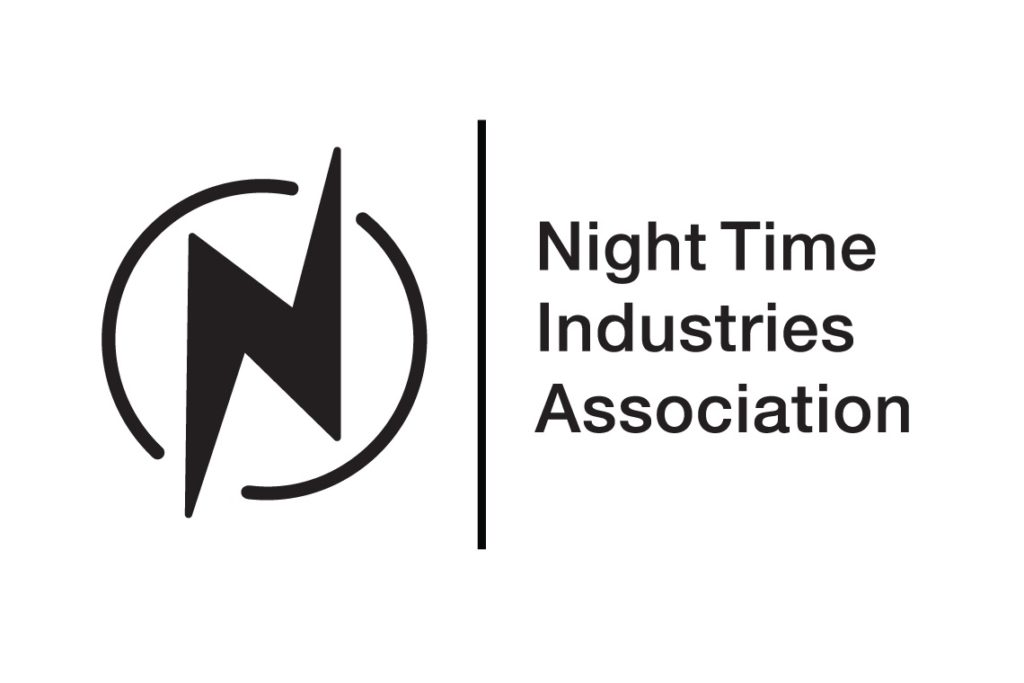
NTIA sounds the alarm about the return of racist licensing policies in London
Leading trade body the Night Time Industries Association (NTIA) have today spoken out about concerns that elements of a previously outlawed form of discriminatory licensing policy is once again rearing its head. NTIA CEO Michael Kill said the Met were ‘reimplementing a discriminatory policy by stealth’. He called for the new Metropolitan Police Commissioner – once appointed following Dame Cressida Dick’s resignation – to put an end to the practice for good.
Form 696 was a risk assessment form which Scotland Yard requested from promoters and licensees of events to complete in advance of an event. The form – introduced in 2005 with the stated goal of targeting violence at music venues – asks owners to provide the name, address and telephone numbers of artists and promoters, as well as the style of music to be played at forthcoming events.
After a campaign by the live music industry and equality campaigners, the form was changed in 2008, but still asked owners a question about the “make-up of the patrons” likely to attend the event. Concerns continued to be raised that the policy was still targeting musicians and audiences from ethnic minorities. In 2017 it was announced that the use of Form 696 was to be discontinued in London following a review called for by Mayor of London Sadiq Khan, though the Met denied the form had been used to target particular genres.
The NTIA has recently heard a number of anecdotal reports from its member businesses and venues based in London that elements of the 696 Form are being requested ahead of events, with questions being asked about details of events and performers that would indicate certain music cultures are once again being targeted.
Promoters and venues have found opposition by the Met Police to events based on information provided through these enquiries. Police have shut down events or refused to allow them to proceed on the grounds they are high risk. NTIA members have also reported having the threat of a licensing review held over their heads if they do not provide the information requested or in extreme cases closure notices.
NTIA CEO Michael Kill commented:
“Our sector fought so hard to try to eradicate this unjust practice, and to establish a collaborative approach to licensing that worked with promoters and venues rather than targeting them.”
“It is sad to see that elements of the discriminatory 696 form are beginning to rear their head again. Is it any wonder, though, when you read some of racist WhatsApp exchanges from serving Metropolitan Police officers revealed by the IOPC?
“I worry that Scotland Yard are reimplementing a discriminatory policy by stealth. I know that the Met will say they are only interested in the ‘risk’ that any given event poses, but this is hugely susceptible to racist biases on the part of police officers – conscious or otherwise – seeping into judgments that are being taken about, for example, whether a certain event ought to go ahead.”
“The next Commissioner when they are appointed must conduct a review and root this practice out.”
